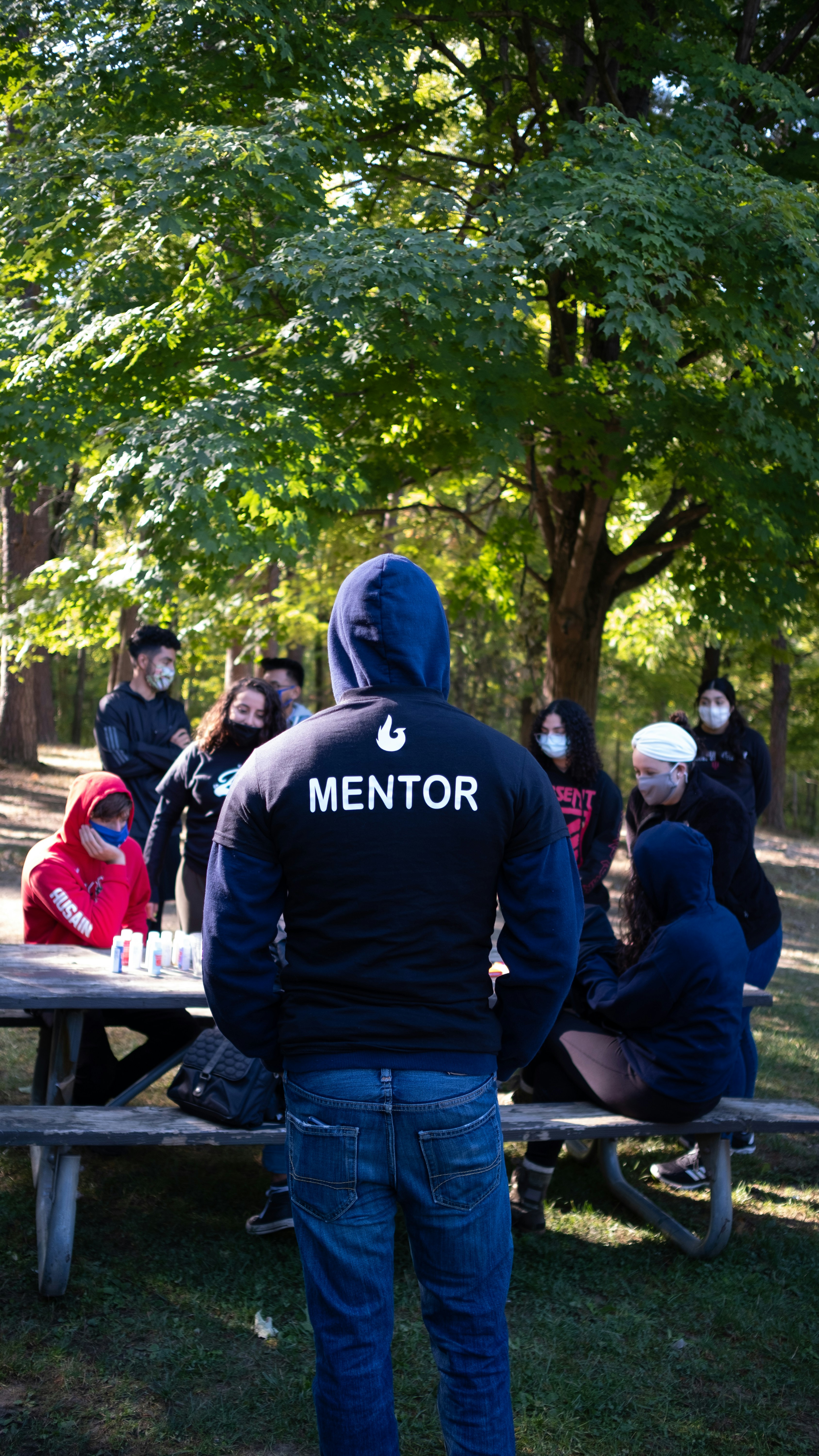The Currency of Kindness: Boost Your Financial Savvy Through Volunteering
In a world where financial literacy often feels like an elusive goal, volunteering emerges as an unexpected ally. Not only does it allow you to contribute meaningfully to your community, but it can also significantly enhance your financial literacy and investment strategies. Think about it: what better way to gain a deeper understanding of money management than by actively engaging with organizations that focus on fiscal responsibility, charitable budgeting, and sustainable investing?
The Financial Foundations of Volunteering
When you volunteer, you immerse yourself in a learning environment that fosters growth in myriad ways. Many organizations operate on tight budgets and rely on creative financial strategies to maximize impact. As you participate in these initiatives, you gain insights that extend beyond mere monetary transactions.
Understanding Budgeting in Real-World Scenarios
Take, for instance, a local nonprofit that aims to provide meals for the underserved. The team manages tight budgets, often needing to stretch every dollar. By volunteering, you witness firsthand how they allocate funds, prioritize spending, and even seek donations or grants. This engagement fosters a practical understanding of budgeting—a critical skill that is directly applicable in personal finance.
Exposure to Diverse Investment Strategies
Additionally, volunteering frequently places you in contact with individuals from various socio-economic backgrounds. These interactions can broaden your perspective on different investment styles and philosophies. Understanding how people prioritize their resources can uncover valuable insights that challenge conventional financial wisdom.
Consider volunteering for organizations aimed at financial literacy education. These often include programs designed to teach individuals about saving, investing, and planning for the future. Such experiences not only boost your knowledge but also instill confidence in your own financial decision-making.
Building a Financial Network Through Kindness
Networking is a pivotal part of personal and professional growth, particularly in finance. When you volunteer, you connect with professionals and like-minded individuals who share your interests in personal finance and investment.
Finding Mentorship Opportunities
In this network, you may discover potential mentors—individuals with years of experience who can guide you through the complexities of investing and financial planning. They may share insights about ethical investing, sustainable finance, or even how to navigate the digital investment landscape. For example, investing in ecological assets is becoming popular as individuals increasingly recognize the value of sustainability in investment choices. By networking in these circles, you gain access to unique financial tips that you might not find in traditional investment education.
Collaborating for Financial Education
As you interact with others in volunteering settings, consider proposing collaborative efforts. Hosting financial wellness workshops, for instance, can not only help others but also solidify your understanding of various financial principles. This kind of service underlines the effect of investing in your community, which can mirror the benefits of compound interest over time. The more you put into your community, the more you receive in returns. You can explore related themes in our article on investing in your community.
Cultivating a Generosity Mindset
Volunteering naturally cultivates a generosity mindset—a concept that holds true in both personal finance and successful investing. Research has shown that individuals who practice generosity are often more fulfilled and financially savvy. This stems from the psychological benefits of giving, which can lead to improved emotional well-being.
The Emotional Currency in Finance
The notion of "emotional currency" plays a vital role in how we view our wealth and investments. Engaging in volunteerism ignites a deeper appreciation for community and connection, which subsequently impacts financial decisions. When you invest in yourself by giving your time and skills to others, you build a wealth of experience that goes beyond monetary measures. This is highlighted in our article on the emotional currency in investing.
Financial Literacy and Kindness
The connection between kindness and financial literacy is also profound. Volunteering can expose you to challenges faced by those with lower financial literacy levels. Understanding these realities encourages you to adopt more empathetic financial practices, both in making personal financial choices and advising others. Crafting strategies rooted in empathy not only helps those in need but also strengthens your own financial decision-making processes.
Gaining Skills That Translate to Financial Success
While you may not immediately connect volunteering with investment strategies, many skills learned through volunteer work correspond to practical financial applications.
Leadership and Teamwork
Through volunteer efforts, you often take on leadership roles or collaborate closely with teammates. Navigating group dynamics fosters essential soft skills often overlooked in traditional finance education. These skills—such as conflict resolution, teamwork, and negotiation—allow you to approach investment discussions with confidence, making you a more assertive and informed investor.
The Value of Time Management
Volunteering also reinforces the skill of time management. Balancing your volunteering obligations with other commitments enhances your ability to budget not just money but time—an invaluable asset. Understanding how to prioritize and allocate your time efficiently can lead to greater success in managing both personal finances and investments.
In the graffiti-filled alley of finance, the time you invest directly correlates with your returns. Our article on investing in time explores this idea further.
The Long-Term Benefits: Volunteering as a Financial Investment
Your experiences in volunteering shape not just immediate knowledge but long-term financial acumen as well. As you become more involved in various causes, the symptoms of financial self-doubt begin to dissipate. Instead, you’ll find significant value in the lessons learned from organizations you support.
Influence on Career Choices
The skills and networks acquired while volunteering may even influence your career trajectory. Does a certain nonprofit ignite your passion for social justice? Are you now inclined to explore a career in sustainable finance? Volunteering can help refine your professional direction in ways you never anticipated.
Portfolios That Reflect Personal Values
One of the emerging trends in investment is the phenomenon of values-based investing. Individuals are increasingly aligning their portfolios with causes that resonate with their personal beliefs. By volunteering for organizations that spark your passion—whether it’s environmental conservation, education, or healthcare—you naturally gain insights into sectors that align with your values, paving the way for investments that feel personally fulfilling.
For deeper insight into values-based investing, explore our resource on sustainable investing.
Leveraging Volunteering for Personal Financial Growth
The synergy between volunteering and personal finance extends far beyond altruistic intentions. It holds the potential to enhance your understanding of investments while cultivating skills that are crucial for long-term financial success.
Applying Lessons Learned
Reflect on the lessons gleaned from your voluntary endeavors. How can the budgeting know-how you gained from a nonprofit translate to better personal finance management? Can the empathy you developed through supporting others enhance your investment decisions?
Guarding Against Financial Burnout
In an age where many experience financial burnout, volunteering offers a refreshing approach to reconnecting with your values and purpose. It reinforces the idea that wealth is not merely quantified in dollars but rather in the lives you touch and the lessons you garner.
Final Thoughts: Taking the Next Steps
Volunteering can lead to more than just altruistic satisfaction; it's an investment in your financial literacy and future. By immersing yourself in community service, you refine your skills, build lasting networks, and gain insights that pave the way for sound investment strategies. The next time you consider ways to advance your financial knowledge, think of volunteering as a valuable pathway – a currency that enriches your mind, heart, and portfolio alike.
As you embark on this journey, consider setting specific goals. Perhaps aim to volunteer with one organization per month, leveraging your time to both give back and gain practical financial insights. The experience will not only make a difference in your community but also elevate your own financial acumen and confidence in investments.
Whether you dive into opportunities in nonprofits, community engagement, or financial literacy education, remember that volunteering is a rich tapestry woven with insights that can dramatically enhance your financial literacy. It’s time to harness the power of kindness; invest not just in yourself but also in those around you, and watch both your personal and financial returns grow.














